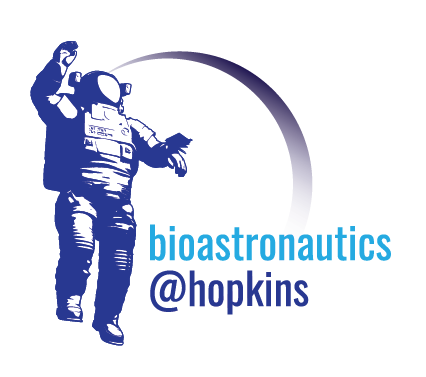
Transitions between gravity levels – and extended exposure to weightlessness (0 g) – present challenges to the neurovestibular system. This can lead to problems with spatial orientation, space motion sickness (SMS), performance and motor control, and postflight posture and locomotion. Johns Hopkins has significant experience in the areas of neurovestibular and sensorimotor function, with clinical and research expertise in the departments of Otolaryngology and Neurology. Much of this work is carried out by members of the Center for Hearing and Balance (https://jhu-chb.org/), and spans the range from basic investigations of neurophysiology to clinical research to application in military and aerospace medicine. This work continues to be supported by several grants for research on professional (NASA) and commercial astronauts (through the Translational Research Institute for Space Health: https://www.bcm.edu/academic-centers/space-medicine/translational-research-institute).




